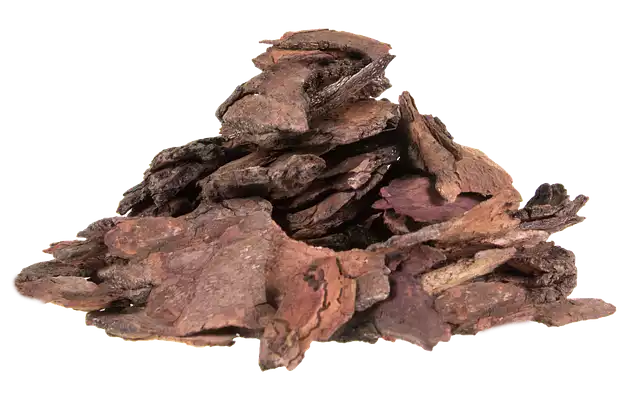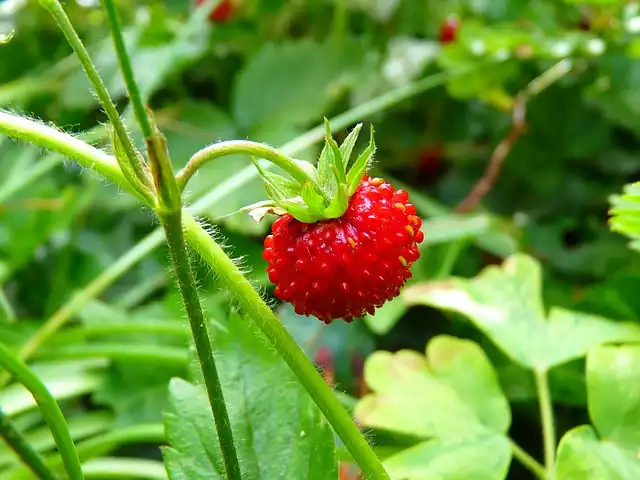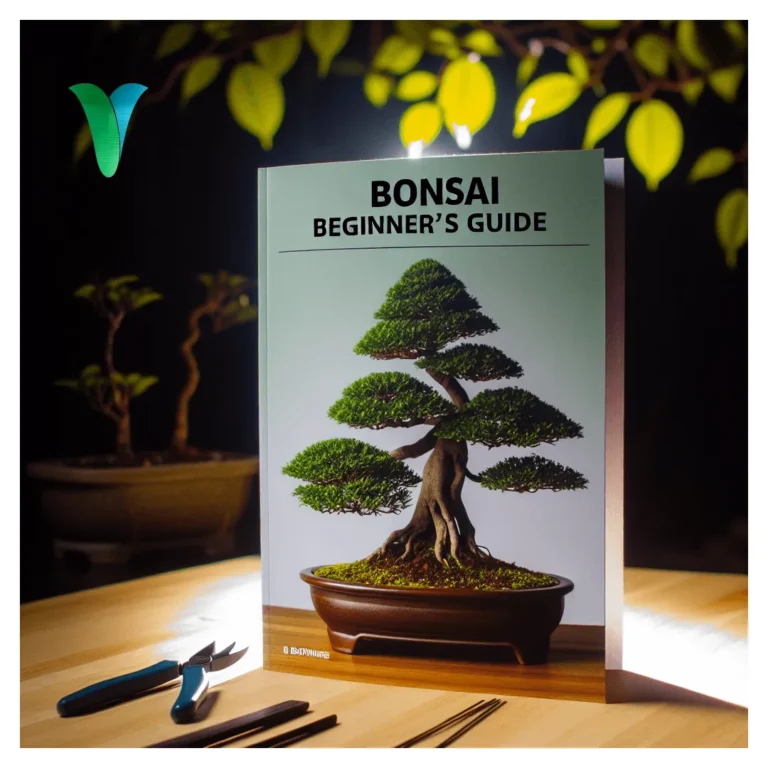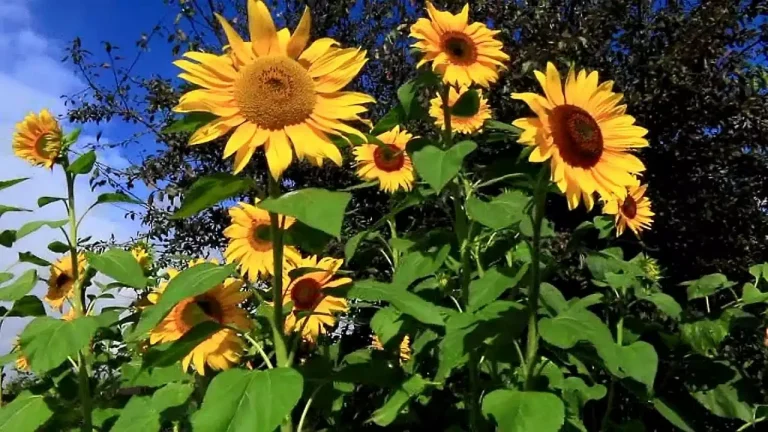Composting Myths
In the world of eco-friendly practices, composting emerges as a champion of waste reduction and soil revitalization.
Yet, beneath its green veneer lies a labyrinth of misconceptions and myths that often deter aspiring gardeners and environmentally conscious individuals from embracing this sustainable habit.
Composting myths range from concerns about attracting unwanted pests to beliefs about the complexity and space requirements of starting a compost pile.
These falsehoods not only muddy the waters but also prevent many from unlocking the full potential of their organic waste.
As we peel back layers of hearsay and misinformation, it’s crucial to shine a light on the facts that illuminate composting’s true nature—simple, beneficial, and accessible to all.
This journey into debunking common composting myths aims not only to educate but also to inspire action by dispelling fears with hard truths.
Whether you’re a seasoned green thumb or someone considering dipping your toes into environmental stewardship through composting, understanding these misconceptions is your first step towards making a tangible impact on our planet’s health.
Table of Contents 9 Amazing Benefits of Knowing Composting Myths
They couldn’t be farther from the truth
To make compost you need a set of conditions that will enable the microbial activity that breaks down organic matter.
The local dump does not provide any of these condition – and you can tell by the smell.
Granted, there are a lot of things that go to the dump that could be composted, but most landfill sites are now separating organic materials like tree roots, clean soil, and plant debris to a separate area for processing.
A lot of the mulches on the market are derived from these products.
The majority of landfill space is household trash, which is the most objectionable (and smelly).
They have resurrected buried landfill trash after 20 years underground, and found the newsprint still readable.
In my garden, or shredded up into my compost maker, it last about a week or less.
Composting is one of the best things we can do for our home and the Earth.
Composting costs a lot of money
One of the most pervasive composting myths is the belief that transitioning to a sustainable waste management practice like composting must inevitably cost a fortune.
However, this couldn’t be farther from the truth.
In reality, composting can be as economical or as pricey as you choose it to be.
Initiating a basic compost pile requires little more than your organic kitchen scraps, yard waste, and perhaps some old newspapers or cardboard – materials that would otherwise contribute to landfill woes.
Moreover, adopting composting practices sidesteps the need for chemical fertilizers in gardens and promotes healthier plant growth without additional expenses.
The seemingly insurmountable costs associated with fancy compost bins and high-tech systems are optional luxuries rather than necessities.
Through strategic layering of green (nitrogen-rich) and brown (carbon-rich) materials, anyone can cultivate their own rich soil amendment at virtually no cost.
Thus, dispelling the myth that composting is an expense-heavy endeavor reveals its true nature as a financially savvy choice in stewardship of both our resources and environment.
It’s a lot of work
One of the most prevalent composting myths that deters many from embracing this eco-friendly practice is the notion that it demands an excessive amount of work.
This belief, rooted in misunderstanding, often portrays composting as a labor-intensive process requiring constant attention and intricate knowledge.
In reality, composting can seamlessly integrate into one’s lifestyle with minimal effort.
By simply setting aside organic waste such as fruit peels, coffee grounds, and eggshells into a designated bin, nature’s recycling process takes over.
The magical concoction of browns (carbon-rich materials) and greens (nitrogen-rich materials) only requires occasional turning with a pitchfork or shovel to aerate and expedite decomposition.
Furthermore, modern advancements have introduced innovative solutions such as tumbling composters that significantly reduce the physical exertion involved in traditional composting methods.
These user-friendly devices simplify the process of mixing materials by merely rotating a handle.
With these tools at one’s disposal, maintaining an active compost pile becomes less about rigorous labor and more about understanding basic principles like balance and timing.
Consequently, debunking this myth opens avenues for households to contribute positively to environmental conservation with an approach that is not only manageable but also profoundly rewarding in fostering rich soil for gardens without the use of chemical fertilizers.
I can put anything in my compost pile
One pervasive composting myth is that you can toss anything organic into your compost pile and expect it to transform into garden gold.
This misconception overlooks the delicate balance required in composting, leading many well-intended gardeners astray.
For example, adding dairy products or meat scraps might seem harmless since they decompose, but they actually attract pests and can cause foul odors, disrupting the compost’s harmony.
Moreover, the belief that all plant material is beneficial for composting disregards potential problems like disease and pesticide residue.
Infected plant materials can spread disease back into your garden when used as compost, and chemicals from treated plants can linger in your compost pile, defeating its purpose as a nurturing supplement for your soil.
Understanding these nuances elevates the art of composting from a simple disposal method to a strategic approach to sustainable gardening.
They smell bad
Actually, a properly balanced and maintained compost bin has no bad odor.
One of the most pervasive composting myths is that compost piles are a source of bad odors, conjuring up images of rotting waste and attracting unwanted pests.
However, when managed correctly, composting is a far cry from these misconceptions.
The truth is, unpleasant smells only arise if the compost bin lacks a proper balance between green nitrogen-rich materials (like kitchen scraps) and brown carbon-rich elements (such as leaves or shredded paper).
A well-tended compost should have an earthy smell, similar to the forest floor after rain.
Challenging this myth offers fresh perspective on sustainable practices; it underlines how embracing correct composting techniques can seamlessly integrate into anyone’s lifestyle without fear of creating an olfactory nuisance.
Understanding that oxygen plays a critical role in preventing anaerobic processes—which are responsible for foul odors—highlights how simple aerating strategies can maintain a healthy decomposition environment.
By dispelling these misrepresented beliefs around compost smell, we open our homes to greener waste solutions that harmoniously coexist with comfortable living spaces.
They attract bugs and pests
One of the most stubborn composting myths is that compost piles are magnets for bugs and pests, a misconception that often deters individuals from embarking on their composting journeys.
The reality, when you delve into the science and practice of composting, reveals a nuanced understanding of how ecosystems work.
In truth, a properly maintained compost bin isn’t just an arbitrary gathering for pests but rather a balanced microecosystem.
When managed with care—balancing greens and browns, ensuring proper moisture levels, and regularly turning the pile—composting can actually reduce unwanted visitors rather than attract them.
The crux lies in differentiating between beneficial decomposers and harmful pests; the former play an indispensable role in breaking down organic materials into nutrient-rich compost.
Earthworms, a variety of beetles, fungi, and bacteria are among the heroes here.
Far from being nuisances, these organisms accelerate the decomposition process while deterring pathogen growth that could otherwise beckon truly problematic pests.
This insight beckons us to reevaluate our stance on composting: instead of viewing it as a pestilential activity, recognizing its capacity to contribute positively to our gardens without inviting legions of unwanted critters demands consideration.
Thusly informed, we dismantle age-old myths by fostering healthier gardens naturally mitigating pest populations through effective waste recycling practices.
It’s easier to just burn the leaves
Contrary to popular belief, burning leaves is not the quick fix many perceive it to be when comparing it to composting.
This approach overlooks a very important fact: Composting turns would-be waste into a valuable resource, whereas burning leaves squanders it completely.
The smoke from burning leaves releases carbon dioxide and potentially harmful particles into the atmosphere, contributing to air pollution and posing health risks.
On the other hand, dedicating those leaves to compost enriches soil with nutrients essential for plant growth, improves soil structure, and encourages beneficial microbial activity.
Moreover, composting retains carbon within the soil instead of releasing it into the atmosphere—an eco-friendly benefit that leaf-burning simply can’t match.
So before you strike a match considering it easier or more efficient than composting myths may suggest, remember that transforming your yard waste into garden gold not only nurtures your garden but also protects our planet—one leaf at a time.
All manure is the same
One of the most pervasive composting myths is the notion that all manure is created equal, a misunderstanding that can significantly impact the effectiveness of your compost and ultimately, your garden’s health.
The reality is, the nutritional content and safety of manure as a compost material vary greatly depending on the animal source it comes from.
For example, horse and cow manures are relatively rich in nutrients but must be properly aged to avoid burning plants due to their high ammonia levels.
On the other hand, chicken manure boasts even higher nitrogen content but requires careful management to mitigate its potency.
More fascinating still is that not all manures are safe for direct garden application; cat and dog feces can harbor harmful pathogens dangerous to human health.
Furthermore, diets of these animals influence manure composition—urban pet diets drastically differ from what farm animals consume.
Thus, recognizing this variability opens up avenues for gardeners to tailor their composting practices more precisely according to their garden’s specific nutrient requirements.
Acknowledging these differences rather than lumping all manures together under one category dispels common misconceptions surrounding compost materials and advances a more nuanced approach towards eco-friendly gardening practices.
Why should I bother, no one else does
At the core of numerous composting myths lies the pervasive notion, Why should I bother when no one else does? This sentiment not only undermines the individual power each of us holds over our environmental impact but also dismisses composting as an obsolete practice rather than recognizing it as a modern necessity.
The truth is, your singular commitment to composting contributes significantly towards reducing methane emissions from landfills — a potent greenhouse gas with a far greater impact on climate change than carbon dioxide.
By diverting organic waste from trash bins to compost heaps, you actively partake in a natural cycle that enriches soil, conserves water, and curbs pollution.
Moving past this myth invites us into a wider conversation about collective action and environmental stewardship.
It fosters understanding that large-scale change starts with individual acts of consciousness.
When you choose to compost, you’re not just an outlier; you’re part of a growing community dedicated to sustainable living practices.
Through your efforts, friends and neighbors might get inspired to start their journey towards eco-friendly habits — proving that one person’s initiative indeed paves the way for broader participation in preserving our planet for future generations.







